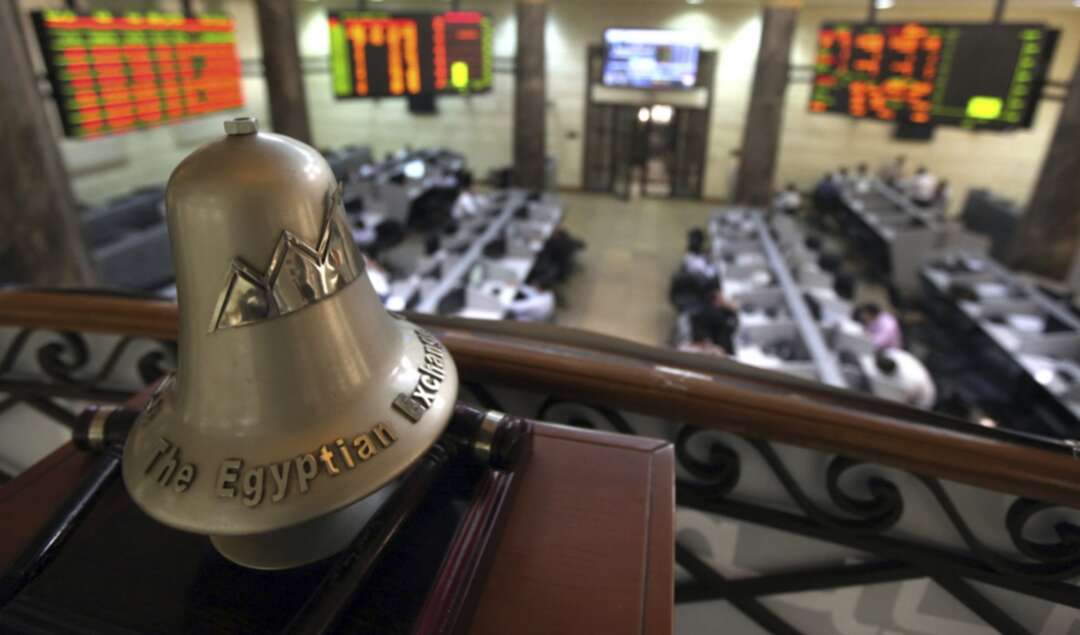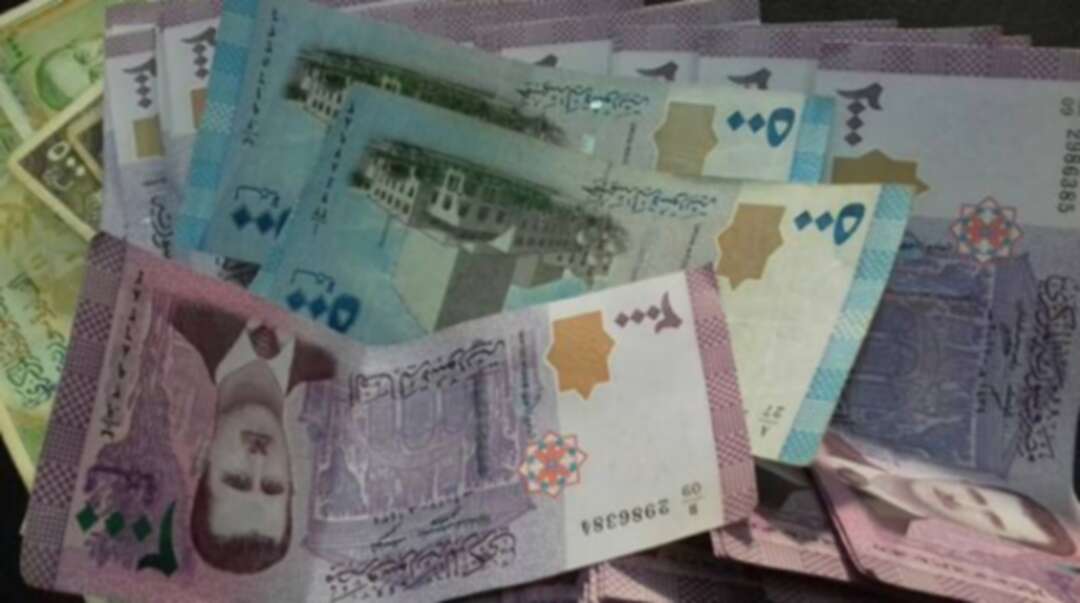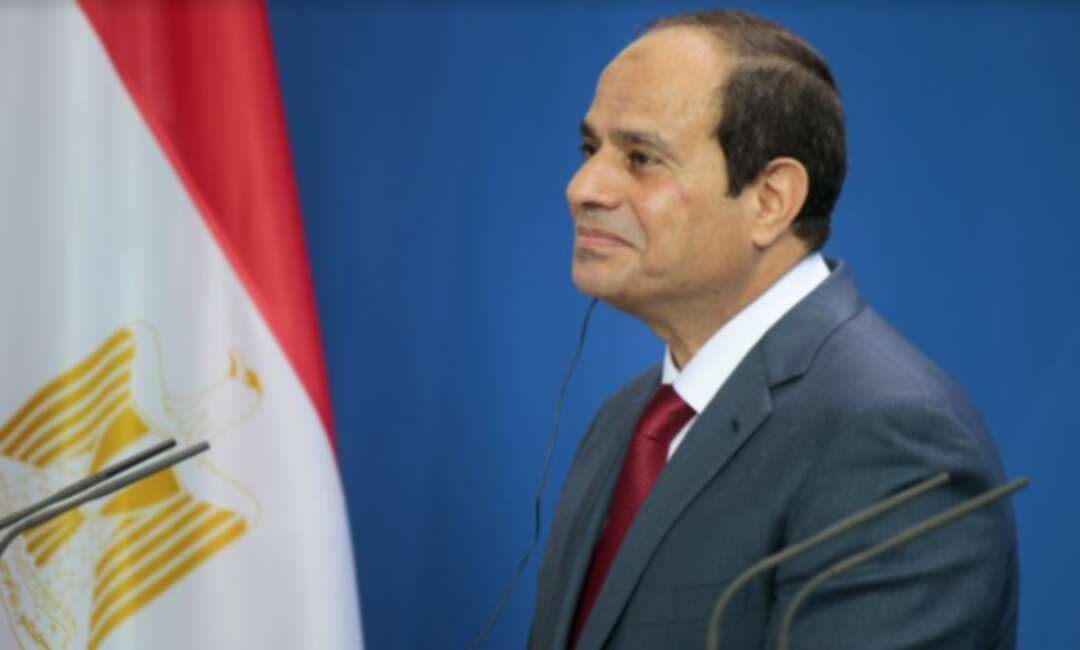-
Egyptian Stock Exchange Staggers: Billions in Losses Amid Fears of "War Economy"
-
The exodus of foreign investments from the Egyptian market indicates a decline in confidence in the government's ability to manage crises, which may lead to long-term negative consequences on Egypt's

The Egyptian Stock Exchange has witnessed sharp fluctuations in recent days, affected by geopolitical tensions in the region and controversial government statements. The market incurred heavy losses amounting to 60 billion pounds (equivalent to 1.2 billion dollars) during the Thursday and Sunday sessions, before recovering part of its losses valued at 17 billion pounds in Monday's session.
Egyptian Prime Minister Mostafa Madbouly had stirred up a storm in economic circles with his statements about the possibility of implementing a "war economy" if regional conditions worsen. These statements, according to market experts, shook the confidence of local and foreign investors, pushing the latter to reduce their investments in the Egyptian market.
Mohamed Hassan, Managing Director of Alpha Financial Investments, explained that geopolitical tensions led to the exit of large foreign investments from the Egyptian capital market. He also pointed out that "violent" selling operations due to forced stock selling (margin calls) exacerbated the losses.
Despite the gloomy picture, some experts express cautious optimism about the market's future. Mohamed Kamal, a board member of the Egyptian Securities Federation, affirmed his confidence in the stock exchange's ability to recover its losses in the future, driven by positive news for the Egyptian economy and the restoration of foreign institutions' confidence.
It's worth noting that FTSE Russell has kept the Egyptian stock exchange within the secondary emerging markets category in its latest periodic review, which may contribute to boosting investor confidence in the medium term.
However, challenges remain for the Egyptian economy. Rising global oil prices and increasing inflationary pressures may negatively affect the country's economic performance. The continued state of uncertainty in the region may also push more foreign investors to reduce their investments in the Egyptian market.
Under these circumstances, it appears that the Egyptian government is required to adopt clearer and more effective strategies to restore investor confidence and stimulate economic growth. Enhancing transparency in official statements and avoiding alarming signals to markets may be necessary to ensure stock market stability and attract foreign investments in the future.
Levant-Agencies
You May Also Like
Popular Posts
Caricature
BENEFIT Sponsors BuildHer...
- April 23, 2025
BENEFIT, the Kingdom’s innovator and leading company in Fintech and electronic financial transactions service, has sponsored the BuildHer CityHack 2025 Hackathon, a two-day event spearheaded by the College of Engineering and Technology at the Royal University for Women (RUW).
Aimed at secondary school students, the event brought together a distinguished group of academic professionals and technology experts to mentor and inspire young participants.
More than 100 high school students from across the Kingdom of Bahrain took part in the hackathon, which featured an intensive programme of training workshops and hands-on sessions. These activities were tailored to enhance participants’ critical thinking, collaborative problem-solving, and team-building capabilities, while also encouraging the development of practical and sustainable solutions to contemporary challenges using modern technological tools.
BENEFIT’s Chief Executive Mr. Abdulwahed AlJanahi, commented: “Our support for this educational hackathon reflects our long-term strategic vision to nurture the talents of emerging national youth and empower the next generation of accomplished female leaders in technology. By fostering creativity and innovation, we aim to contribute meaningfully to Bahrain’s comprehensive development goals and align with the aspirations outlined in the Kingdom’s Vision 2030—an ambition in which BENEFIT plays a central role.”
Professor Riyadh Yousif Hamzah, President of the Royal University for Women, commented: “This initiative reflects our commitment to advancing women in STEM fields. We're cultivating a generation of creative, solution-driven female leaders who will drive national development. Our partnership with BENEFIT exemplifies the powerful synergy between academia and private sector in supporting educational innovation.”
Hanan Abdulla Hasan, Senior Manager, PR & Communication at BENEFIT, said: “We are honoured to collaborate with RUW in supporting this remarkable technology-focused event. It highlights our commitment to social responsibility, and our ongoing efforts to enhance the digital and innovation capabilities of young Bahraini women and foster their ability to harness technological tools in the service of a smarter, more sustainable future.”
For his part, Dr. Humam ElAgha, Acting Dean of the College of Engineering and Technology at the University, said: “BuildHer CityHack 2025 embodies our hands-on approach to education. By tackling real-world problems through creative thinking and sustainable solutions, we're preparing women to thrive in the knowledge economy – a cornerstone of the University's vision.”
opinion
Report
ads
Newsletter
Subscribe to our mailing list to get the new updates!






















